Behind the glitz and glam of the Bangladeshi fashion industry
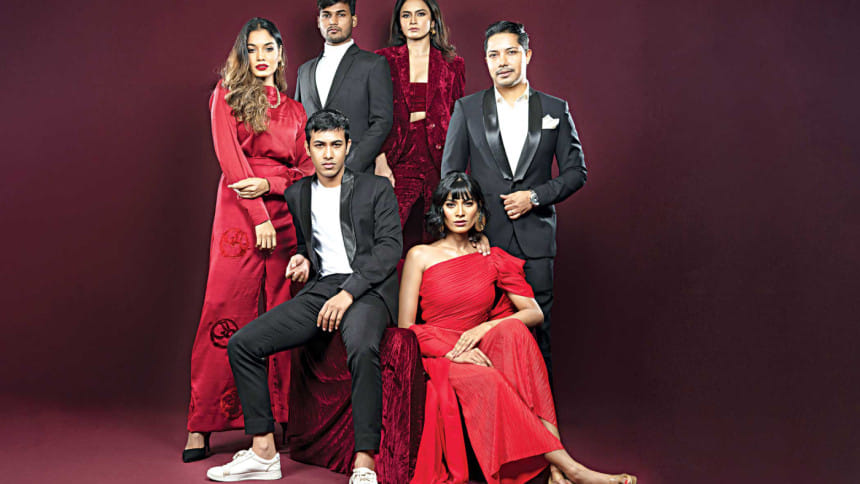
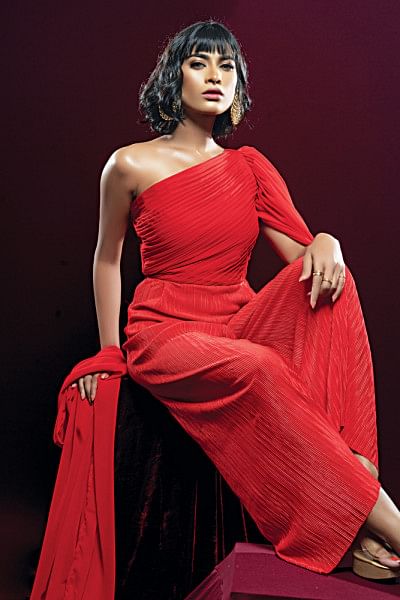
#Fashion & Beauty
The allure of the fashion industry anywhere in the world is apparent, often giving out a fabricated feeling of certitude and hopefulness, when in reality there are thousands of obstacles living in 'whispers.' From 'casting couch theories' to favouritism and exploitation, the grievances could go on forever. Things take twice the tumble, especially in a developing country like Bangladesh where a formal home-grown fashion industry has yet to take shape.
An industry that promises high aspirations to the young and the beautiful, ultimately becomes a sour wound; disorganised and muddled behind the green screens.
The honorarium scams
Sonia Yeasmin Isha, a rising fashion director and choreographer of the country, has been associated with the local fashion industry for the last 12 years. According to Isha, she has given her complete efforts, and dedication to the industry for over a decade to become who she is today, one of the most recognised faces in the trade, someone who also chose to work behind-the-scenes and lead the industry as a choreographer.
"I was determined from the beginning, but you won't see as many people in the field with a similar story," reveals Isha.
According to the veteran model, the lack of proper grooming institutions, specialised modelling agencies or even the lack of assistance from seniors in the field, leads to the frustration.
"I have been extremely lucky to have been mentored by Azra Mahmood, a renowned choreographer and senior model of our country in the early stages of my career. She helped me reach my goals, but not everyone is as lucky."
Isha also points out the lack of unity in general.
"There's no association as such, no proper agency to hire us and delegate work and because of the shortfall, we often get cheated of our honorariums. Remunerations are often delayed, and work hours become intolerable."
"People only get to see the polished faces walking on the ramps, but they do not see the gruelling hours that we have to put behind each show. They do not notice our agonising journey, the stress and the agitations. And sometimes even after all the hard work, we are conned of our dues."
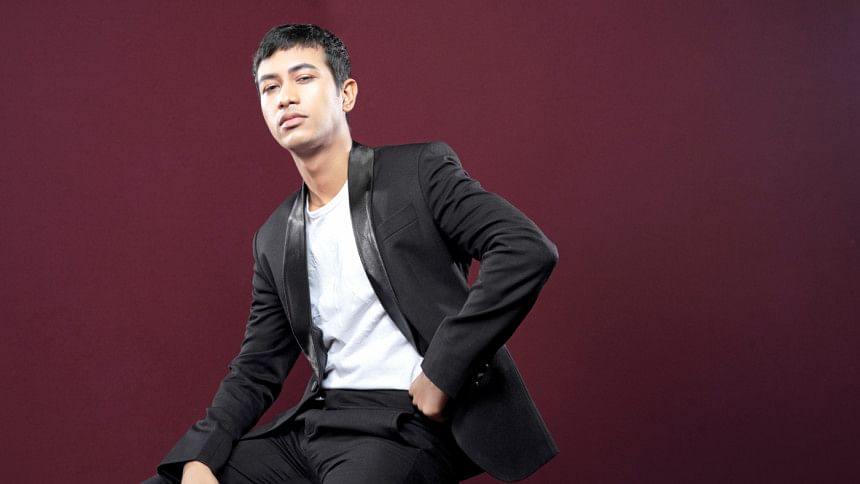
"I am not saying that this is the norm, and there are many professional corporate brands in the market that perfectly follow the rules, but things definitely would have been better if there was a governing body looking over," she said.
Inquired about sexual discriminations, the senior model was slightly hesitant to speak about the subject-matter.
"It exists everywhere in the world and our country is no different. However, the upside is that today's young generation are smart, connected and more informed. So the unsolicited circumstances are tactfully avoided," informed Isha.
Niki Mizan is a rising model of the city who has been the face of many upscale fashion brands agrees with her colleague. She points out the fact that many organisations do not provide legal papers or a form of contract before delegating work.
"Everything mostly happens over 'verbal trust', and that's very 'easy' to deceive. And if we choose to protest, it would mean less work and that's hard for many of us, who actually depend on the profession to pay for our living expenses," said Mizan.
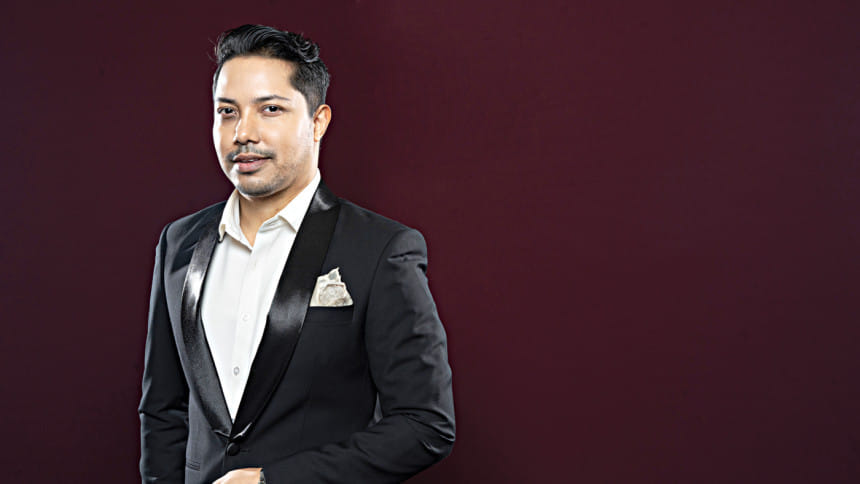

Mizan was open about her experience in the industry.
"I began work as an assistant director in a production house and then moved forward to become a face in the industry. So, I have seen it all."
Talking about her grievances, Mizan mentioned the absence of legal papers to certify experienced models as professionals.
"If I ever wanted to venture out in the foreign market, I wouldn't have any legal documents to show. Besides few pictures which I could have taken anywhere, I don't have any formal contract papers or even a professional certification as a ramp model. The grooming institutions and the model-agencies actually provide all these and it's highly necessary for the field to develop to an international standard.
"In an age when people are going global and there are models of various capacities, from plus-size to hand, face and even models with down-syndrome taking up prestigious titles and space in world-renowned shows and magazines, why should we fall behind because of a lack in congruency," revealed a frustrated Mizan.

Imitator designers
Tasfia Ahmed, a professional designer who graduated from the prestigious Raffles International College in Thailand with a degree in Fashion Designing, adds on to the grievances.
According to the designer, Bangladesh is a flourishing market for the home-grown fashion industry, but lack of rules and regulations pollute the environment.
"Everyone who can go to a tailor and order a dress, is able to call themselves a designer nowadays. Even importers of garments are calling themselves designers and this is overcasting the real concept. There's nothing wrong in doing business, in fact it is very encouraging to see so many women involved with the trade. But a line must be drawn somewhere, these people need to call themselves entrepreneurs or businesswomen, not designers! The latter group are individuals who spend hours to create fresh designs, which are out-of-the box, authentic and unique," states Ahmed.
Speaking on the business prospects, Ahmed reveals that business is expected to flourish in the next few years because of the booming population, especially young adults and the fashion-conscious working men and women.
"Things would have been more exciting if our people were more open to experimental clothes. This would have encouraged us to truly work with our creative sides and come out with ideas that could also grab the attention of the global audience," she added.
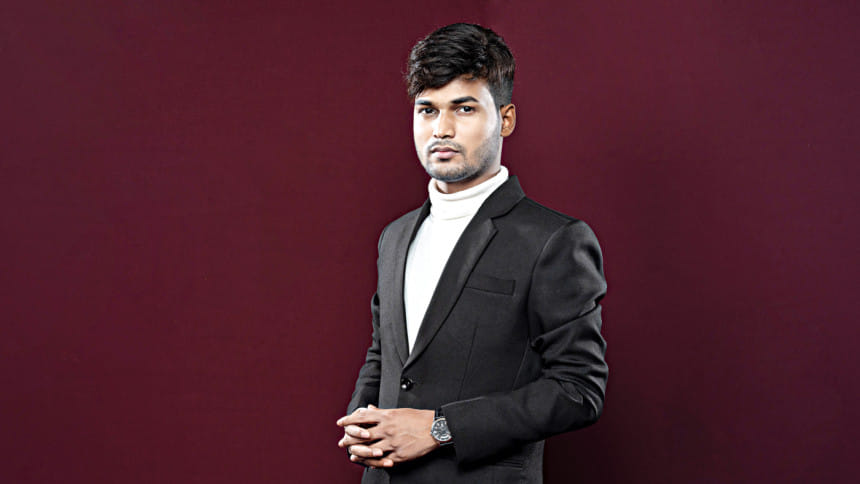
Lack of conceptualisation
While designers and models are an integral part of the industry, there are so many others working hard to make the photoshoots come out alive – hair and makeup artists being one of the most vital.
"Without hair and makeup – nothing would be complete, the models wouldn't look as good as they do and the brand representation wouldn't be fulfilling. We are an integral part of the process and yet very much looked down upon when considering remunerations. This is unexpected and extremely frustrating," said Sumon Rahat, a renowned freelance makeup artist in the fashion and media scene of Bangladesh.
Samiul Karim, a prominent set-designer of the country, adds to this conversation.
"Stage-designing is often ignored during a photoshoot and many brands do not realise the importance of it amongst other variables. But anybody who has the time to research will notice that successful campaigns speak otherwise; a photoshoot only becomes complete when everything in it works in correspondence, including the set.
"If the stage is designed based on a theme, then a photoshoot excels. This is based on research! Hence, every fashion campaign must have a set-designer to be more visible to the client. Often, the brands do not realise the importance of it and end up doing below par. And this is definitely a hindrance to achieving excellence in the field of business," said Karim.
In an age and era of conscientious capitalism where corporate brands are loudly supporting social causes and screaming fair wage, it is certainly discouraging to see that they are silently exploiting the fashion industry workers who keep their dreams of business alive.
Rony Rezaul, an upcoming fashion photographer of the country, adds the final nail into the coffin, saying, "In the many years that I have been in the industry, I wouldn't say I had anyone at all to help me. I did everything on my own and today, if I am considered to be anywhere at all, it's all because I learned to do everything on my own and survived."
The self-taught photographer doesn't expect a unified industry anytime soon. "It's a 'look-out-for-your-own-self world,' and you have got be better than the best to survive," said Rezaul.
Imperative necessity to change
Niki Mizan was a little more hopeful than the rest; she expected someone senior from the industry to be benevolent enough to step-up and lead the future of the industry, steering it in the right direction.
"Maybe someone from the industry can get affiliated with a professional and internationally recognised modelling agency and bring it to Bangladesh. Not only will they be able to structure the industry and reap benefits from it, but also get tonnes of blessings from future apprentices like us," she said.
All in all, we found an industry that was maintaining an illusion of beauty and glamour on the outside, whereas it was built upon exploitation and undermining of the workers who were willing to slave away largely underpaid and unappreciated because there was no alternative. For this situation to change, it is imperative that someone should vocalise the problems and save the industry from submerging down the rising waters.
Photo: Adnan Rahman
Model: Isha, Niki, Rony, Samiul,Tasfia, Sumon
Make-up: Sumon Rahat
Styling: Sonia Yeasmin Isha
Studio: Uturn Production
Wardrobe of Isha and Niki: Tashfia Ahmed

 For all latest news, follow The Daily Star's Google News channel.
For all latest news, follow The Daily Star's Google News channel. 



Comments